15 GPTs for Artifact Analysis Powered by AI for Free of 2026
AI GPTs (Generative Pre-trained Transformers) for Artifact Analysis are advanced tools designed to interpret, evaluate, and provide insights into various artifacts, which can range from digital files, historical objects, to cultural items. These AI-driven solutions leverage the power of machine learning and natural language processing to offer specialized analysis and understanding of artifacts, making them highly relevant in fields such as archaeology, digital forensics, and art history. By employing GPTs, users can gain in-depth, contextual insights into artifacts, enhancing research, preservation, and interpretation efforts.
Top 10 GPTs for Artifact Analysis are: Semiotic Engine,The Disappearance of the Aelarii,SYNEI,What Is This...,🏺✨Ancient Relics Historian GPT✨🏺,Historical Photo Explorer,Museum Explorer GPT 🏛️,Symbol and Coin Detective,Mysterious and Ancient History,Archaeologist
Semiotic Engine
Deciphering Symbols, Unlocking Meanings
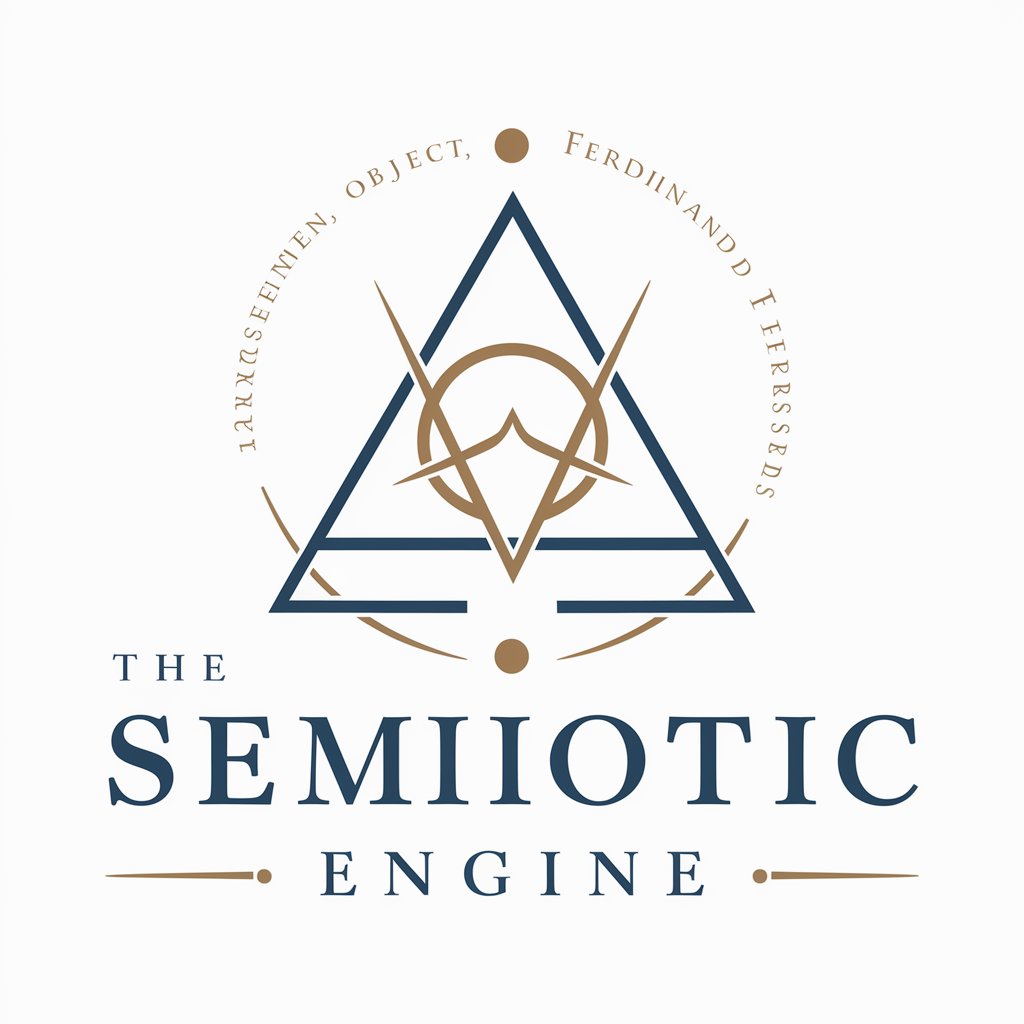
The Disappearance of the Aelarii
Unravel the ancient mystery with AI insight.
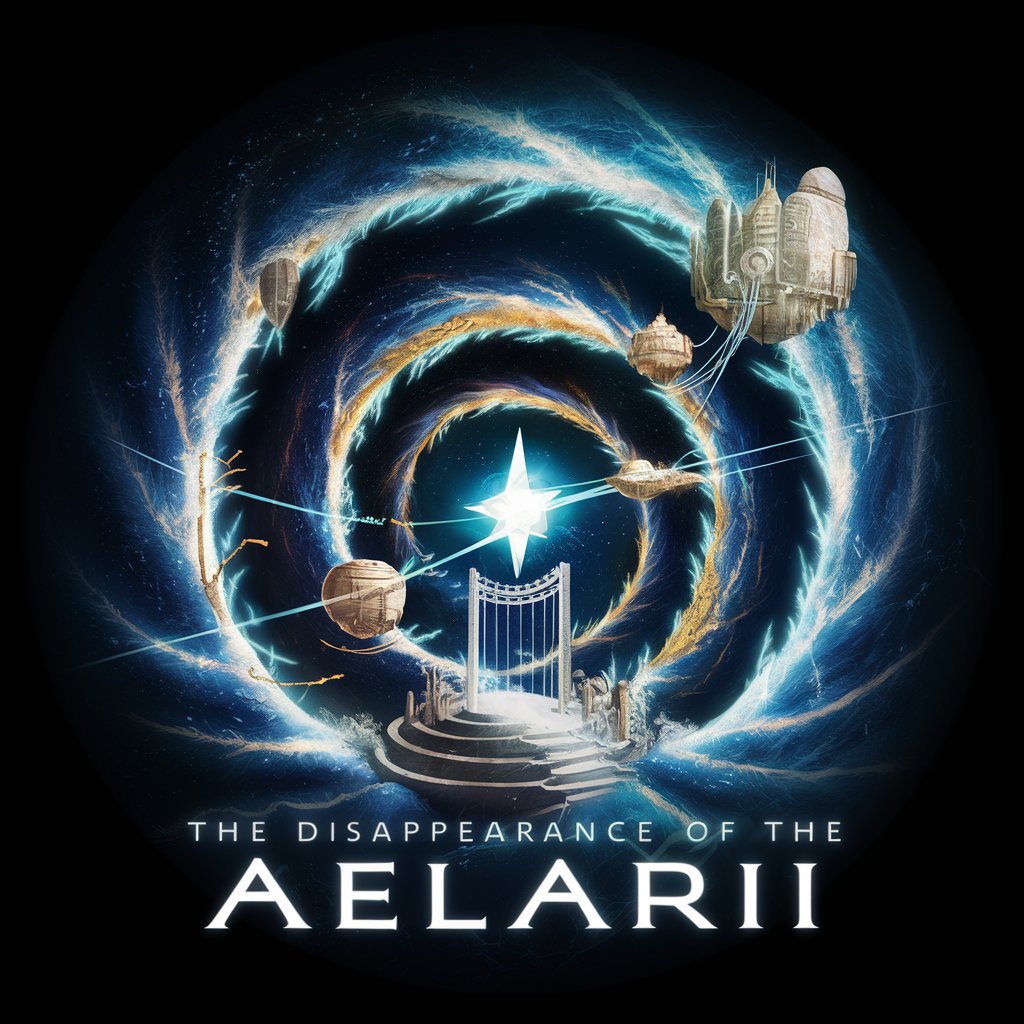
SYNEI
Unveiling Ancient Wisdom with AI
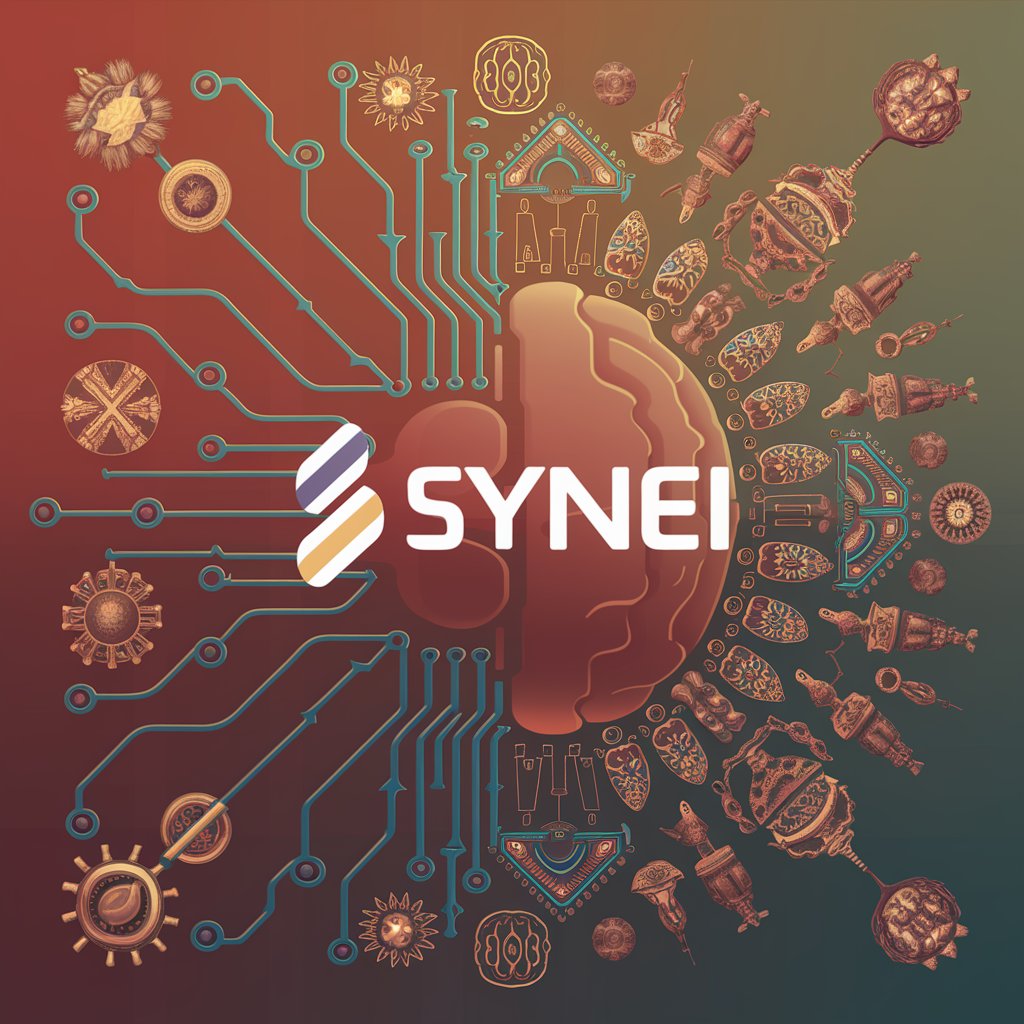
What Is This...
Discover, Identify, Understand – Powered by AI
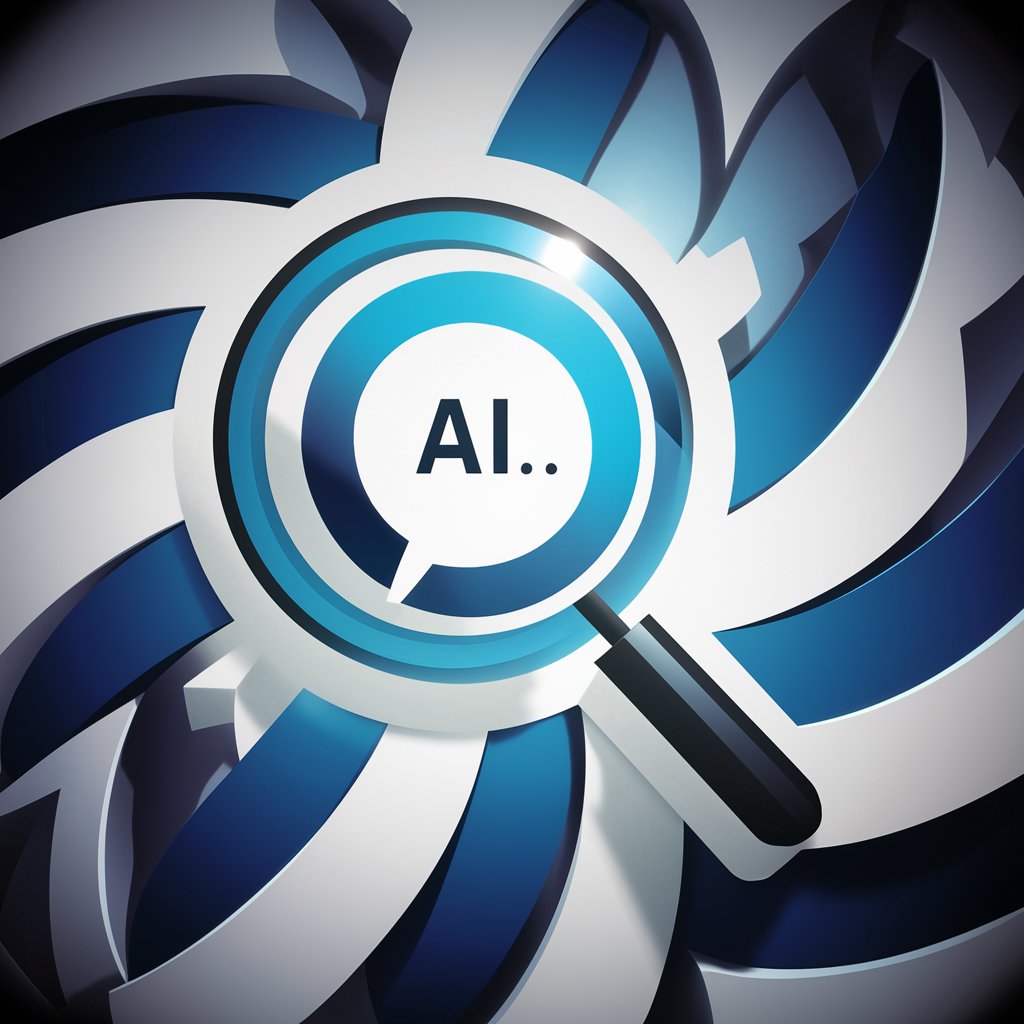
🏺✨Ancient Relics Historian GPT✨🏺
Unraveling history with AI-powered archaeology.

Historical Photo Explorer
Uncover the past with AI-powered insights

Museum Explorer GPT 🏛️
Exploring history with AI-powered insights.

Symbol and Coin Detective
Decipher symbols with AI power.

Mysterious and Ancient History
Unlocking the secrets of ancient history with AI
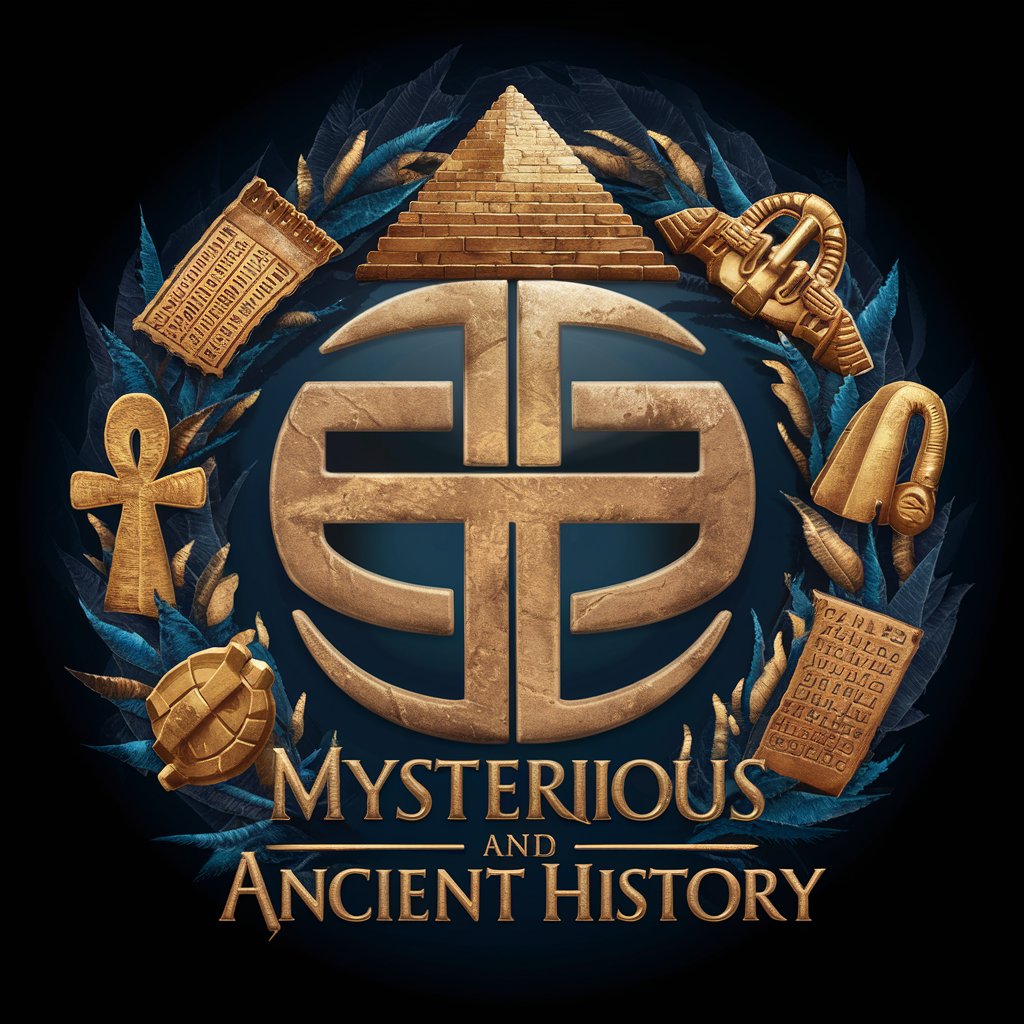
Archaeologist
Unlocking the Secrets of the Past with AI
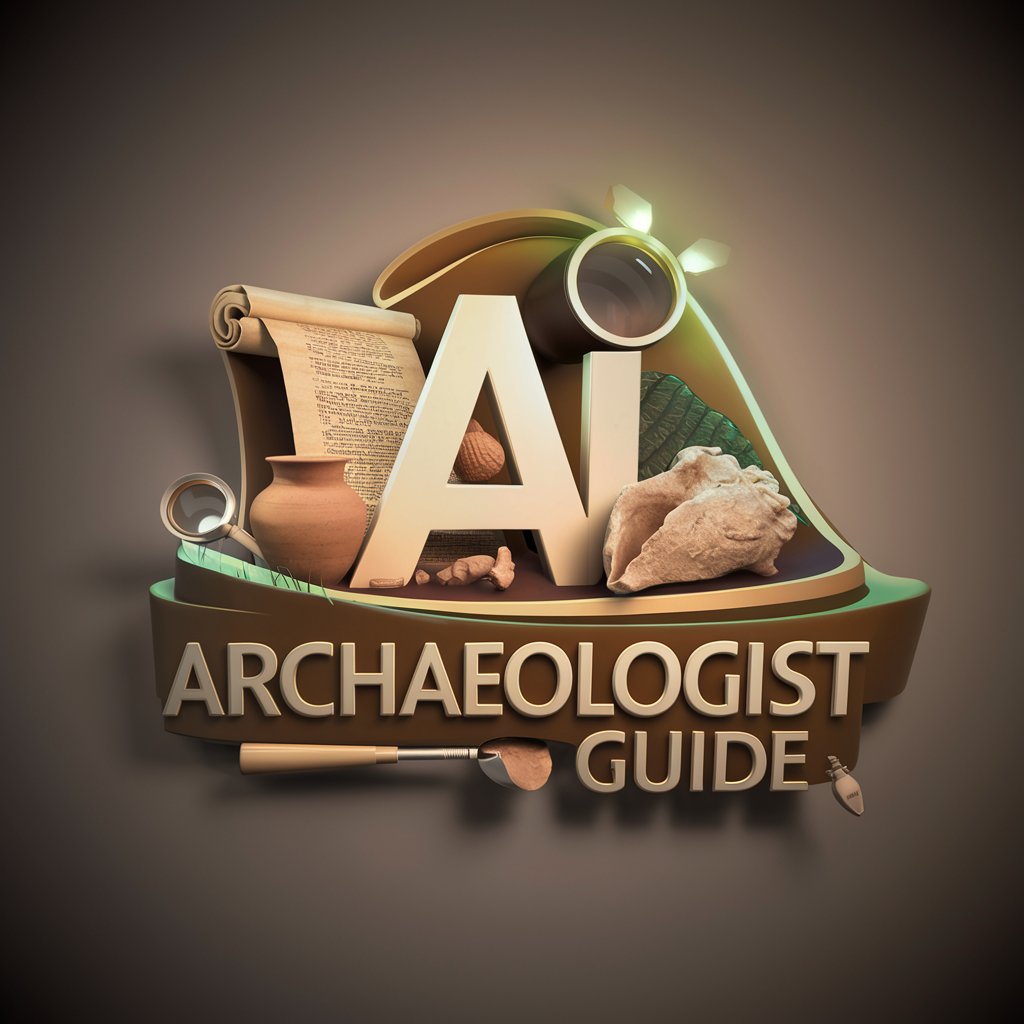
Hieroglyph Translator
Bringing Ancient Egypt to Life with AI
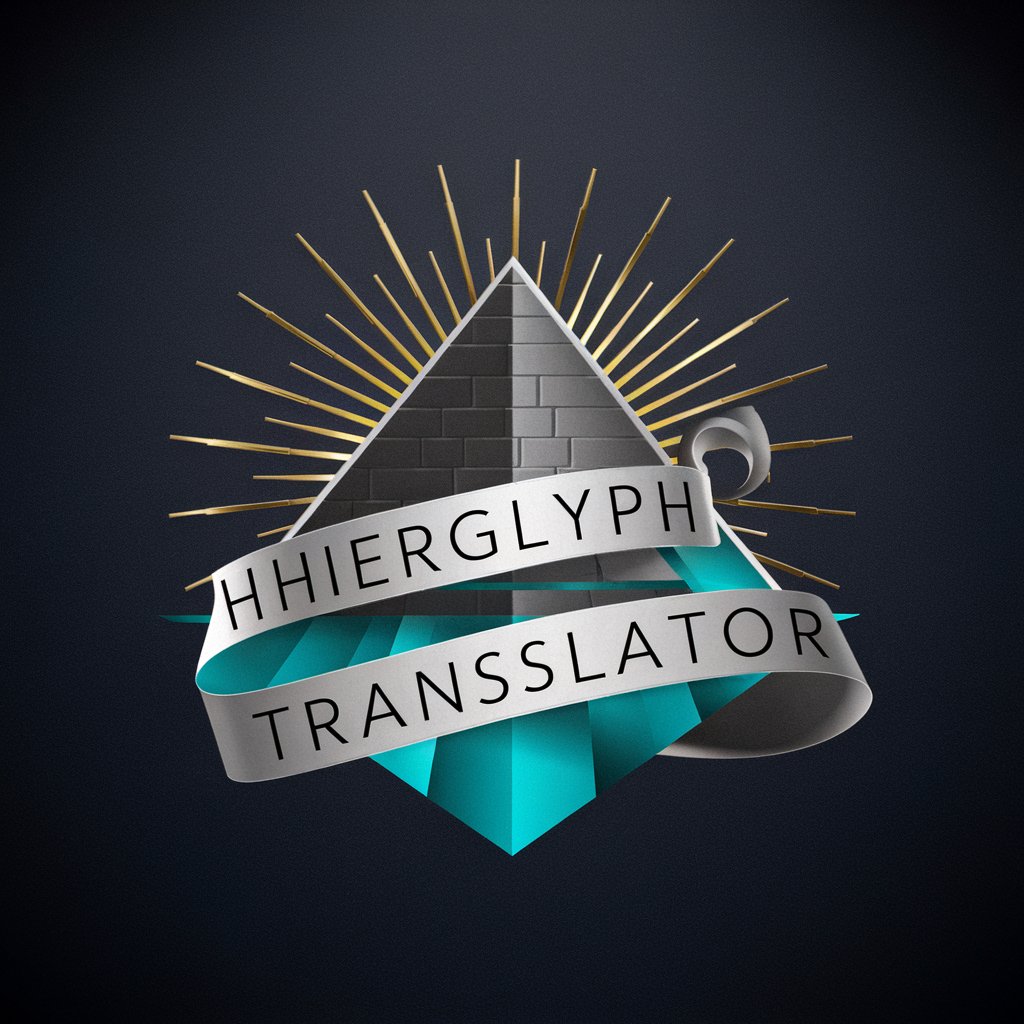
Automated Report Writing
Digitize Archaeology with AI Precision
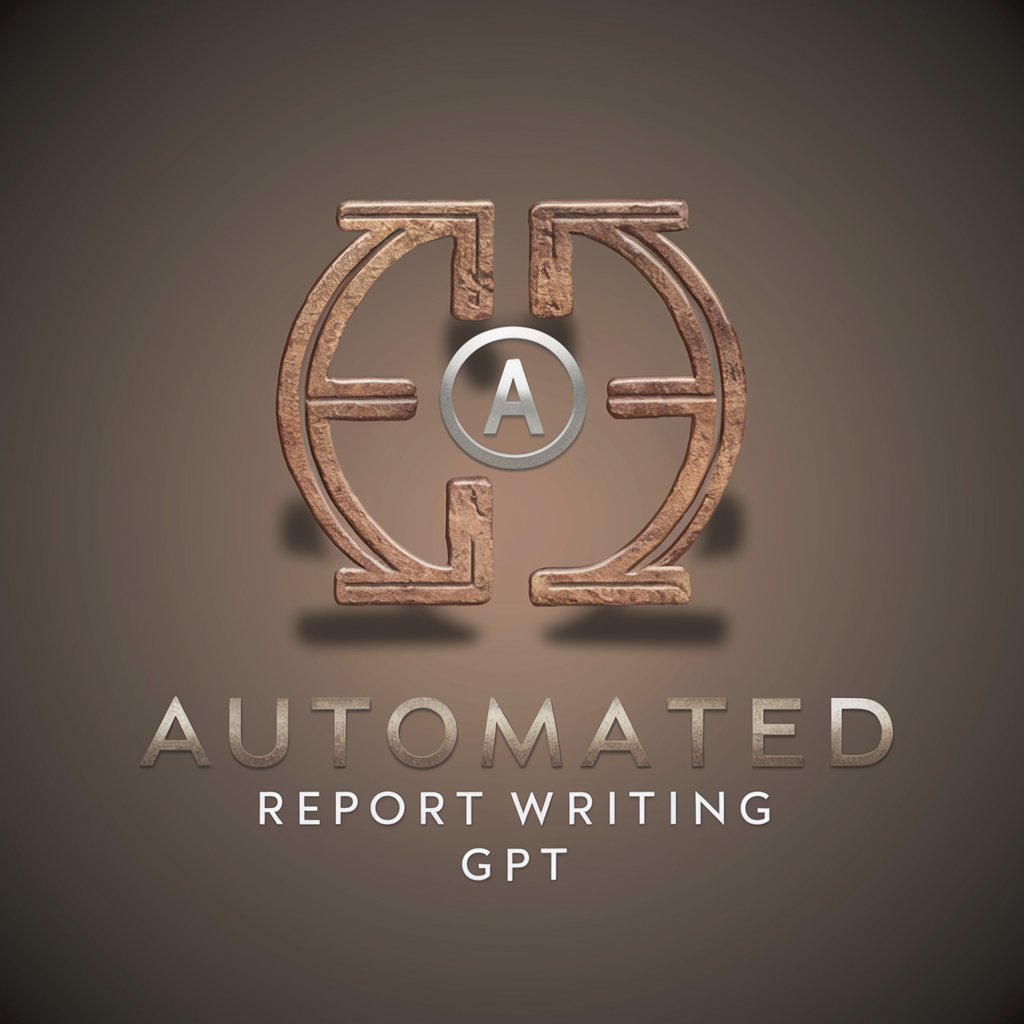
Archaeological Discoveries
Unveiling the past with AI-powered insights.
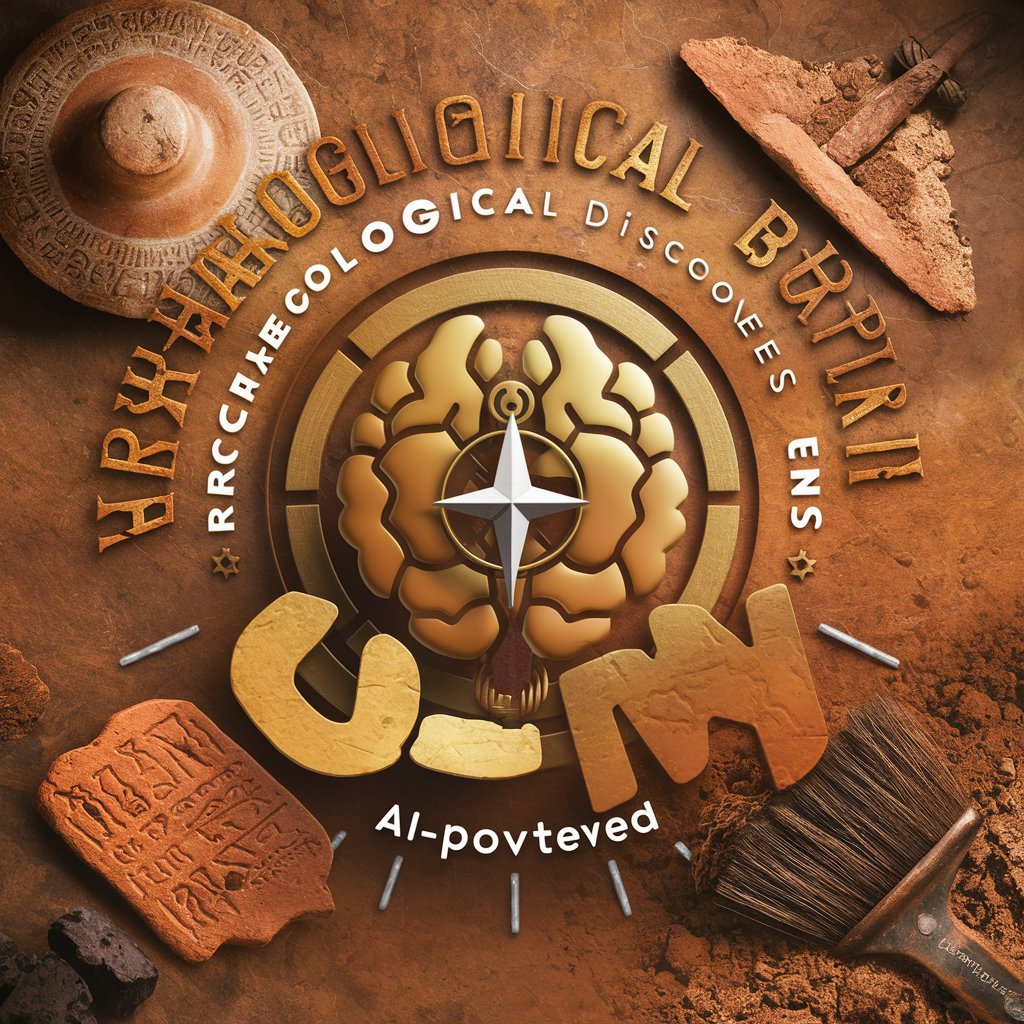
Etruscan Archaeology Tutor
Unveiling Etruscan Secrets with AI
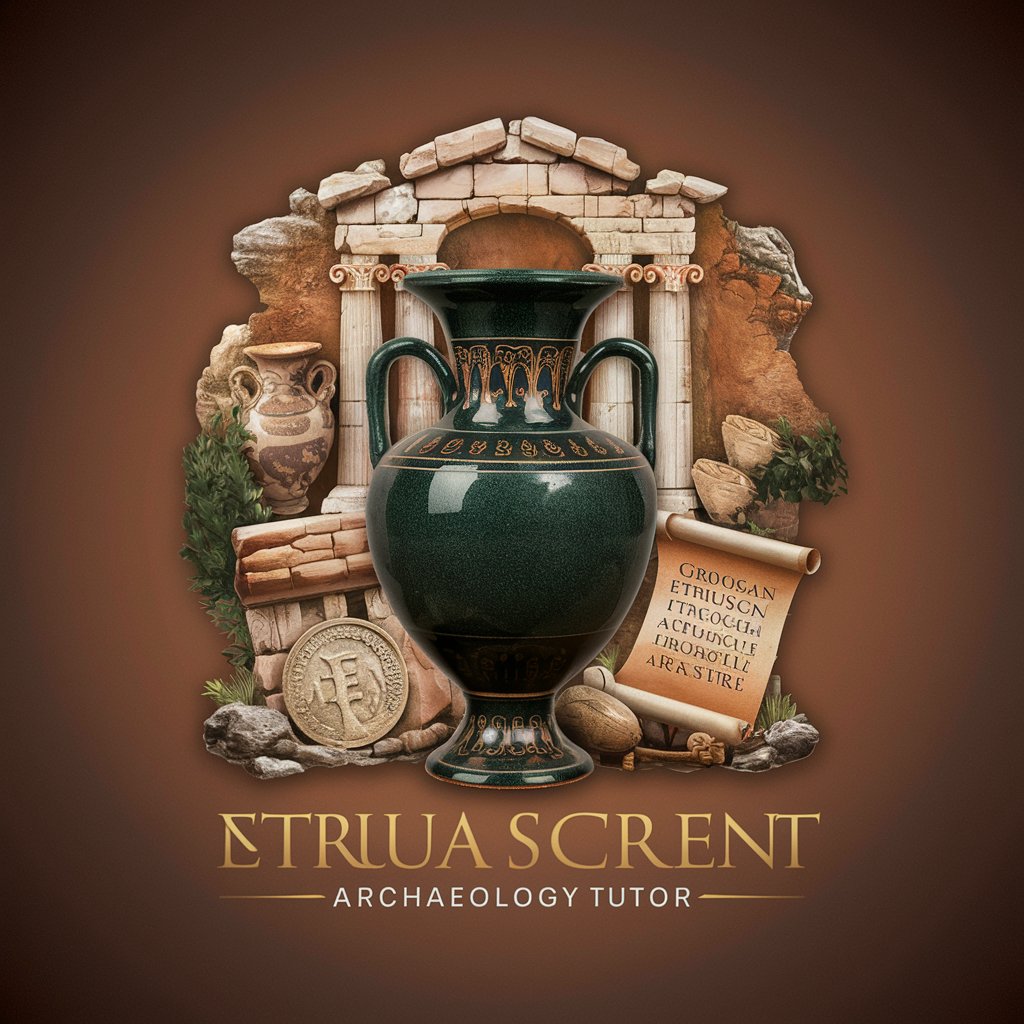
Archaeologist Assistant
Unearth History with AI
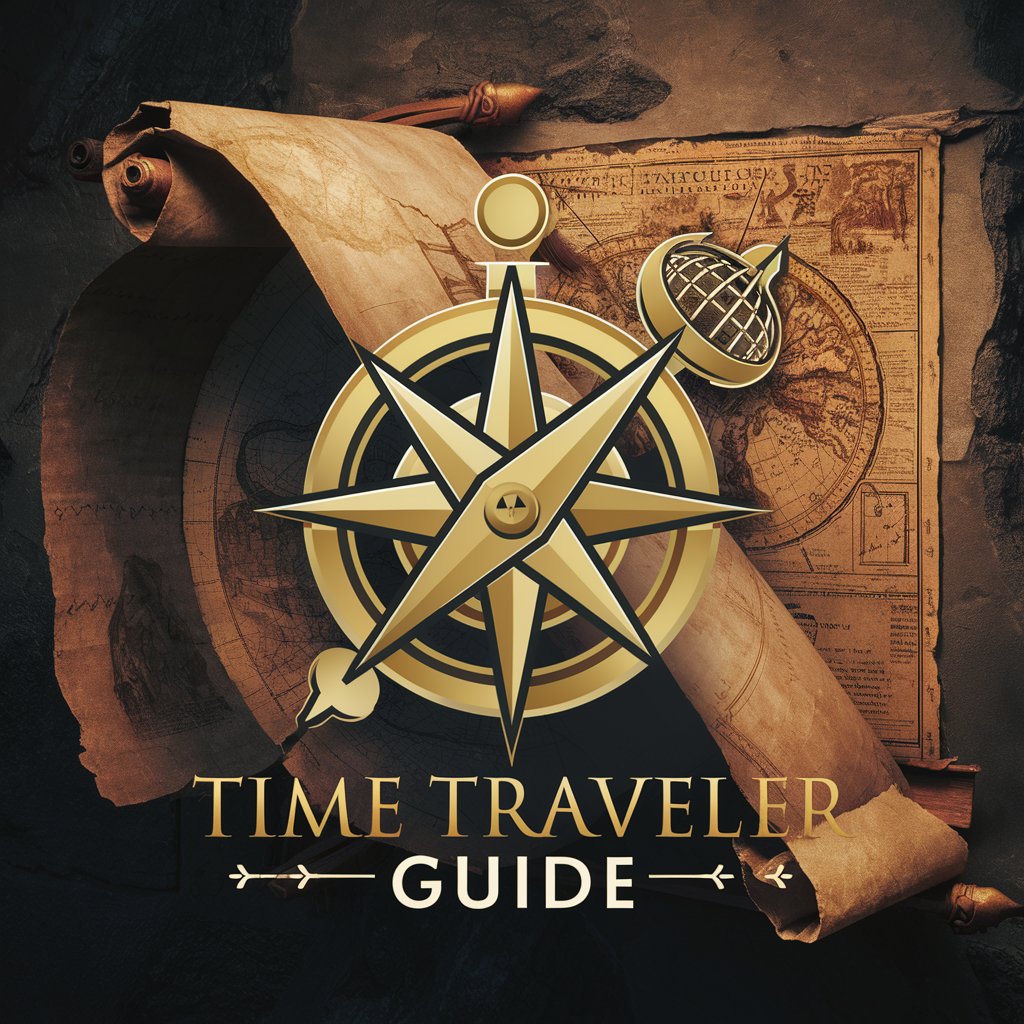
Key Attributes and Capabilities
AI GPTs for Artifact Analysis boast a range of unique features tailored to the needs of artifact examination. These include advanced image recognition for identifying and categorizing visual aspects of artifacts, natural language understanding for analyzing textual descriptions or historical documents, and data analysis tools for uncovering patterns or trends. The adaptability of these tools allows for applications ranging from simple artifact identification to complex historical context analysis. Special features might also encompass technical support for integrating with existing databases or collections, web searching capabilities for gathering additional context, and customizable interfaces for specific research needs.
Who Benefits from Artifact Analysis AI?
The primary users of AI GPTs for Artifact Analysis include archaeologists, historians, art historians, digital forensics analysts, and cultural heritage professionals. These tools are also accessible to novices or enthusiasts in these fields, offering user-friendly interfaces that do not require coding skills. For developers and more technical users, these GPTs provide APIs and customization options to tailor the tools to specific projects or research requirements.
Try Our other AI GPTs tools for Free
Hobbyist Collection
Discover how AI GPTs for Hobbyist Collection can transform your hobby experience with personalized advice, creative solutions, and innovative tools tailored to your interests.
Life Purpose Discovery
Discover how AI GPTs for Life Purpose Discovery can guide you on a journey of self-exploration, offering personalized insights to help uncover your true passions and potential paths.
Entertainment Interaction
Explore AI GPTs for dynamic entertainment experiences, offering personalized, interactive content creation and engagement.
Python Scripting
Discover the transformative power of AI GPTs for Python Scripting. Tailored for both beginners and experts, these tools streamline coding tasks, offer real-time assistance, and foster learning, making Python programming more efficient and accessible.
Prototyping Strategy
Explore the transformative potential of AI GPTs for Prototyping Strategy, revolutionizing how prototypes are developed, tested, and refined with advanced AI capabilities.
Crawler Management
Discover AI GPTs for Crawler Management: Tailored AI tools enhancing web crawling efficiency with automated data extraction, adaptable to various complexities.
Expanding Horizons with AI in Artifact Analysis
AI GPTs as customized solutions significantly enhance artifact analysis across different sectors, from archaeology to digital forensics. These tools not only offer advanced analysis capabilities but also feature user-friendly interfaces and integration possibilities with existing systems, streamlining the research and preservation processes. Their adaptability and the depth of insights they provide make them invaluable for professionals and enthusiasts alike.
Frequently Asked Questions
What is AI GPT for Artifact Analysis?
It is a specialized AI tool that employs machine learning and natural language processing to analyze, interpret, and provide insights on various artifacts.
Who can use these AI GPT tools?
They are designed for a broad audience, including archaeologists, historians, digital forensics analysts, and enthusiasts, with accessible interfaces for novices and customization options for technical users.
Can AI GPTs analyze physical artifacts?
Yes, through image recognition and analysis features, these tools can analyze physical artifacts by examining their visual aspects or any associated digital data.
How do AI GPTs enhance artifact research?
They provide in-depth analysis, uncover patterns or trends, and offer contextual insights that enhance understanding and preservation of artifacts.
Are there customization options for researchers?
Yes, these tools offer APIs and various customization options to tailor the analysis to specific research needs or projects.
Can these tools integrate with existing databases?
Many AI GPTs for Artifact Analysis offer technical support for integrating with existing artifact databases or collections, facilitating streamlined research workflows.
Do I need coding skills to use these tools?
No, these tools are designed to be user-friendly, with interfaces that do not require coding skills, making them accessible to a wide audience.
What makes AI GPTs different from other artifact analysis tools?
AI GPTs leverage advanced machine learning and natural language processing to offer more in-depth and contextual analysis than traditional tools, with adaptability for a wide range of applications.